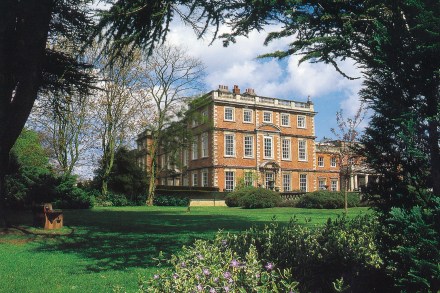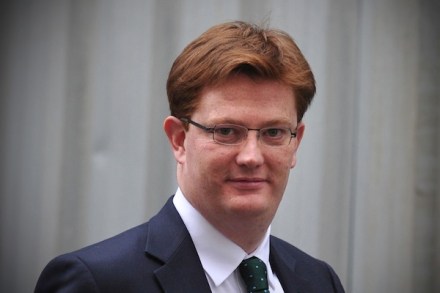Defending the real Downton Abbeys
From a horrific Victorian murder to its role as a royal refuge from Nazi invasion, Newby Hall has known enough genuine drama to make a primetime telly series. And in fact the more you find out about Newby, the more strikingly similar it is to TV’s actual stately star: Downton Abbey. It’s almost spooky. Not only was Newby Hall the seat of the genuine Lord Grantham — his portrait still hangs on the wall — but he left it to a daughter called Lady Mary (just like the series). But when I meet him, Newby’s owner, Richard Compton — great, great, great, great grandson of the real Lord Grantham —





















